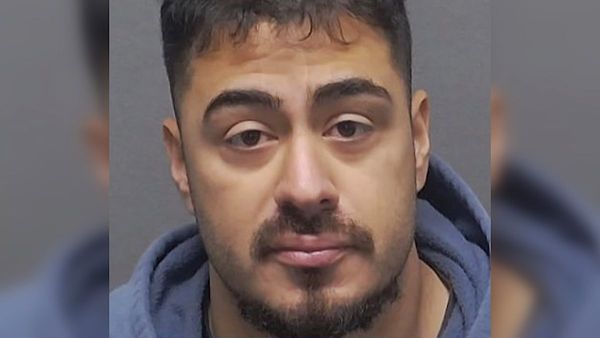A woman on trial for killing her mother has told the New South Wales Supreme Court how she tipped so-called 'green dream' veterinary drugs into the 92-year-old's soup, just hours before she died.
Providing testimony in Goulburn Local Court on Tuesday, Barbara Eckersley denied intending to kill her mother, the acclaimed botanist Mary White.
Dr White died in her Southern Highlands nursing home in August 2018.
Ms Eckersley told the court there was a quick reaction after her mother began eating the soup, as she began to cough and became unresponsive.
But she said she did not initially link feeding her mother the drugs, known as barbiturates, and her mother's reaction, because she was feeling so overwhelmed by her mother's condition.
Ms Eckersley had the barbiturates, used in veterinary medicine to euthanase animals, left over from when she was a wildlife volunteer in Canberra many years ago.
Ms Eckersley also did not tell police about giving her mother the drugs during an initial interview, including that she had slipped temazepam into her dessert the day before.
She said she had not remembered at first because of the shock and grief.
"I had a gradual realisation of putting something in her food," Ms Eckersley told the court.
She told the jury she was shocked when she finally realised.
Ms Eckersley said she told her husband and went straight to the police, to tell them.
"I was in a panic, I felt I had to go straight away and explain," she said.
To her shock, she was arrested for murder.
"I was totally detached from reality, from the grief of my mother's death," Ms Eckersley said.
When asked about giving her mother the drugs, Ms Eckersley denied it was an effort to kill Dr White.
"I was intending only to make her comfortable for the time she was in my care," she said.
But in her police interview, when asked about what effect she thought the drugs would have, Ms Eckersley said she thought if they had an effect her mother might die peacefully in the night.
Eckersley suffered watching her mother's health decline
Ms Eckersley told the court of her mother's distress as she confronted her decline.
She told the jury how her mother was a charming, kind and very determined woman, who had forged her own career after her husband died.
Ms Eckersley said she and her mother had been close and worked together on books written by Dr White.
But in her later years, Dr White suffered a heart attack and multiple mini-strokes, each leading to further decline.
"For a person whose mind was so much of who she was it distressed her enormously."
After a major stroke that left her helpless and unable to talk, Dr White was moved to a nursing home.
In court, Ms Eckersley became distressed as a video she had taken of her mother in the home was played to the jury.
The footage shows Dr White agitated and distressed, barely able to move, except to wipe her eyes.
As the family prepared to move Dr White to a home in Coffs Harbour just before her death, Ms Eckersley wrote to her siblings telling them of her own despair, noting the likeness between the pair.
"I look in the mirror and see her, I look at her and I see myself," she said.
"Emotionally it's like watching myself dying slowly."
Ms Eckersley will face cross examination by the Crown tomorrow.







